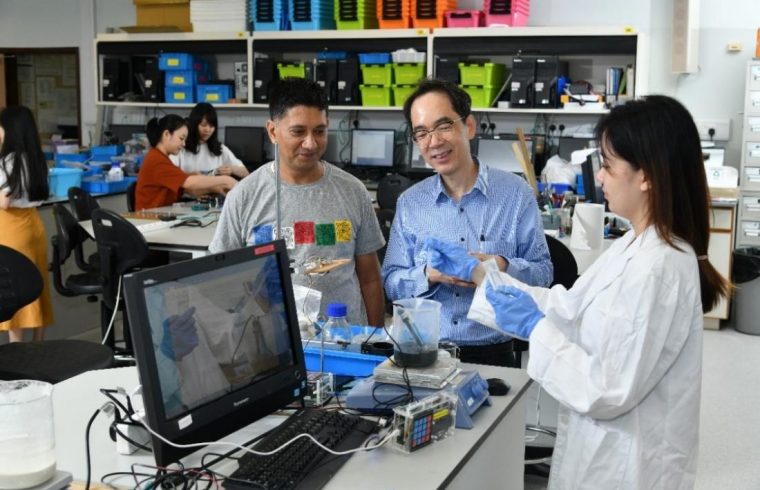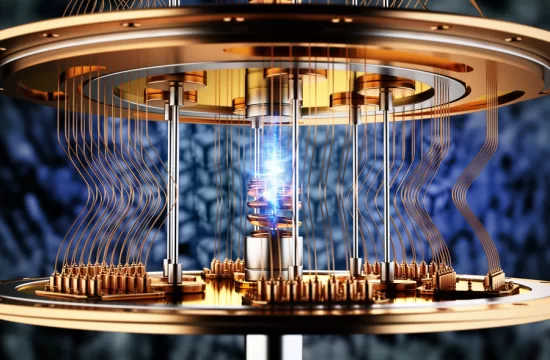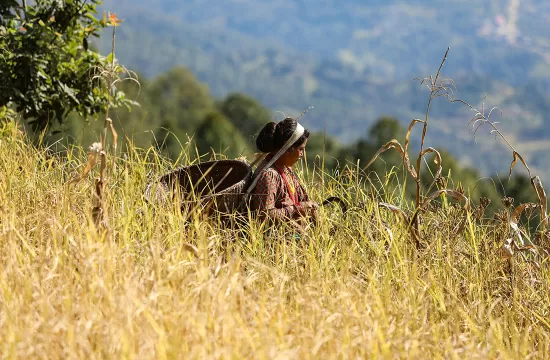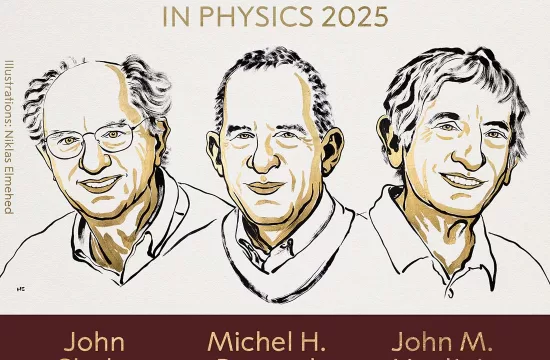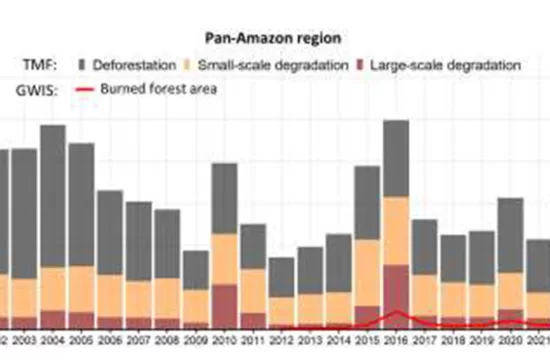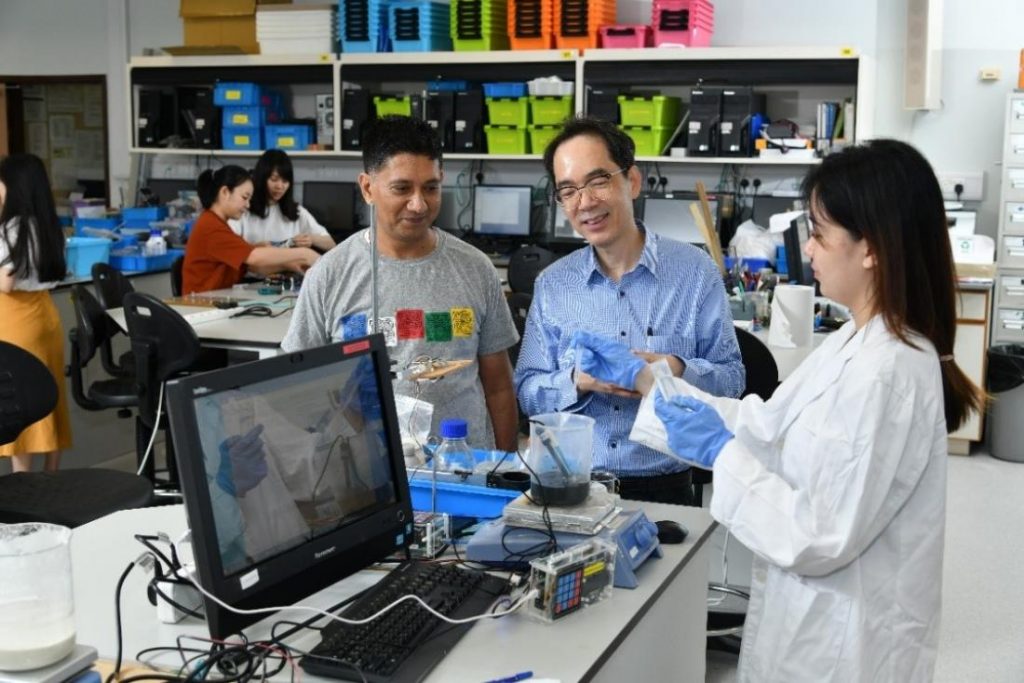
It seems that nothing is impossible in this era of smart technology. Even scientific experiments can be conducted via smartphone, thanks to Professor Yeung Yau-yuen, Adjunct Professor at the Department of Science and Environmental Studies of The Education University of Hong Kong (EdUHK), and his team’s ‘Remote Laboratory’.
Professor Yeung and his research team have built a ‘Remote Laboratory’ through an innovative and low-cost software, based on the approach which won him the gold medal and special prize at the 2018 International Invention Innovation Competition in Canada, with a view to fostering STEM education in Hong Kong.
He has also partnered with the Hong Kong Science Museum to promote popular science education. Now members of the public are able to learn about the polarisation of light through the Remote Laboratory, which helps them understand the features of sunglasses and why their smartphone screens turn completely dark under strong sunlight.
Through the Laboratory, even people with no scientific background can have fun and increase their scientific knowledge, while realising how science has everything to do with our daily lives.
Professor Yeung jokingly adds that while the Science Museum is not open all day, every day, the Remote Laboratory never closes. This has been particularly important during the COVID-19 pandemic, when gatherings of people have been limited.
Roll-out to secondary schools
The physical laboratory is now situated in the campus of EdUHK, conducting seven sets of innovative experiments which do not appear in textbooks: including light bulbs, cellular respiration and photosynthesis, and food waste to biogas conversion.
The steps to start an experiment are very simple. Students just need to log in to the system via their computers or smartphones to conduct a real-time experiment. Professor Yeung admitted that there are so many alternative apps available for virtual experiments; yet most of them put the emphasis on play, rather than scientific exploration.
With those apps, students are unable to learn the correct approach towards scientific research. In contrast, with his team’s Remote Laboratory, participants have to perform all required steps in real time. “If the light test needs 20 minutes, you have to take 20 minutes to do it. If boiling water is required, you really have to do it.”
The Remote laboratory experiment is nothing new. It has been in use for almost 30 years in science studies in universities but has not been introduced in schools. As STEM education has become more popular in recent years, Professor Yeung believes that the Remote Laboratory should no longer be confined to universities but rolled out to secondary schools as well. He is working with his team to design a variety of experiments that can be carried out wherever internet is available.
Students can then take part in real-time experiments on a device, breaking down geographical barriers. Remote Laboratory is especially good for experiments that need a relatively long time (up to several months) to complete: for instance, observation of the process of food waste conversion to biogas or wine-making. Professor Yeung said that a lot of scientific experiments need to be conducted repeatedly.
Remote Laboratory enables students to observe and compare results over a period of time before jumping to conclusions. Additionally, the system also records students’ test answers before and after experiments. This gives a comprehensive overview on their performance, based on which, teachers can improve their learning progress.
Anyone can conduct top quality experiments
With the COVID-19 pandemic lasting more than a quarter of a year, online teaching has become the new learning method for almost every school. Hands-on experience used to be the most effective way of teaching science in terms of imparting knowledge, understanding concepts and mastering basic scientific skills.
During this period, however, hands-on experiments have become a rarity. Professor Yeung believes it is the right time to introduce Remote Laboratory to secondary schools to fulfil teaching requirements.
He and his team are now designing more experiments. He also encourages secondary school students to create their own experiments and share them with others within the Laboratory. Professor Yeung says that since the internet bandwidth required to conduct Remote Laboratory is very low, even students in developing countries can benefit from this innovation, to perform top quality experiments.
Provided by asiaresearchnews

